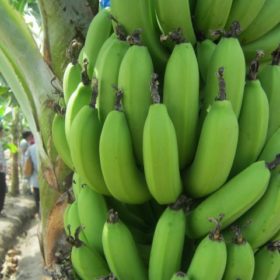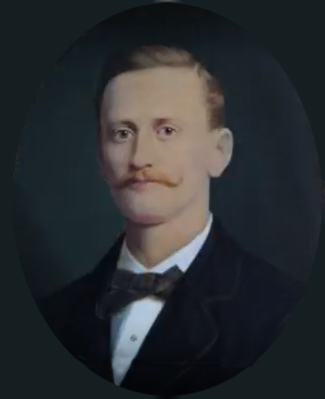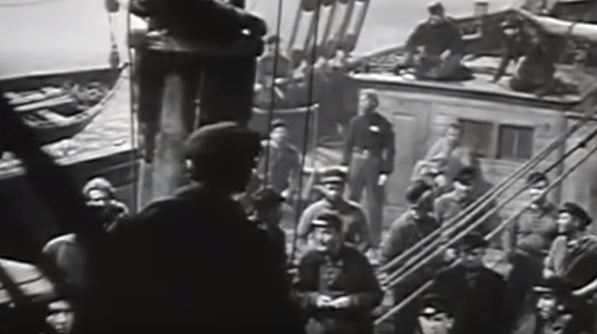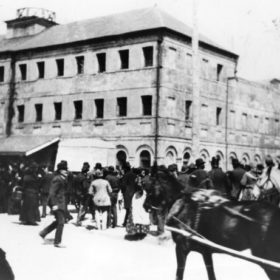Today the lowly banana is the commonest of fruits. However, it wasn’t always that way. A century ago, bananas were very rare and highly prized by those that could afford them.

The Chiquita bananas on your kitchen counter today are part of a story with all the drama and suspense of a Hollywood movie.
It also has a thread that leads straight to old Panama City Beach.
The star of this larger-than-life epic is Minor Cooper Keith. Born 1848 in Brooklyn, New York, M. C. Keith was the son of a lumber merchant.
As a sixteen-year-old, Keith moved to the mid-west to work as a lumber surveyor. With his savings, he purchased a large portion of Padre Island, Texas in 1869 and established a cattle ranch.

At the time there was only one other family living on the entire island. This period hardened young Keith with rough, nerve-trying circumstances.
It was especially challenging when he crossed the Texas and Mexican border to buy cattle.
With two revolvers in his gun belt, he fended off cattle-thieves and other bandits seeking to take advantage of his inexperience.
He was prospering well when, in 1871, one of his brothers sent him a business proposition.
Minor Keith’s brothers were in Peru in partnership with their Uncle, Henry Meiggs, the famous builder of the first railway over the Andes.
He was invited to join them in a venture to build a railroad for the Costa Rican government.
Without hesitation, Keith sold his holdings in Texas and joined his relatives in the jungles of Costa Rica. At the time, native Costa Ricans had a saying: “The man who makes a journey through the jungle is a hero; the one who makes it twice is a fool.”
Tropical diseases plagued any project in the jungle and made recruiting local labor impossible. Minor C. Keith was not to be deterred.
He promptly set off for New Orleans where he approached the Police Commissioner of New Orleans Parish and arranged to buy the release of as many convicts as he could afford.
Keith’s budget permitted the indenture of 700 of New Orleans’ most incorrigible murderers and thieves.
Their release agreement obligated the convicts to work for wages until the 100-mile long railway was completed.
As the steamer full of riff-raff prepared to leave port, the Police Commissioner warned Keith that his collection of ruffians would be more dangerous than dynamite. This prediction soon came true.
Off the coast of Belize, the freighter struck a reef and was stuck fast. The nervous convicts soon mounted a mutiny to gain access to the ship’s stores, where there were many barrels of whiskey.

When the ship’s Captain lost his nerve, Minor Keith took over command and personally held the rioters at bay with firearms.
With brave determination, Keith restored order on board and set in motion a plan to free the steamer.
The Costa Rican coast was eventually reached and the men set to work at a dollar a day. Of the 700 former convicts, not more than twenty-five ever returned.
The deadly jungle claimed the rest. In the twenty years that it took to construct the railway, the jungle claimed the lives of almost 5,000 workers.
It would also claim the lives of Keith’s brothers and uncle.
To be continued…watch for part 2, where Keith marries the President’s daughter and makes his way to Saint Andrew Bay..!









Interesting story. I look forward to the rest of the story.
It’s a great story, Kitty…so few people know about it..!
Continuing tomorrow?
Marsha, look for part 2 soon…